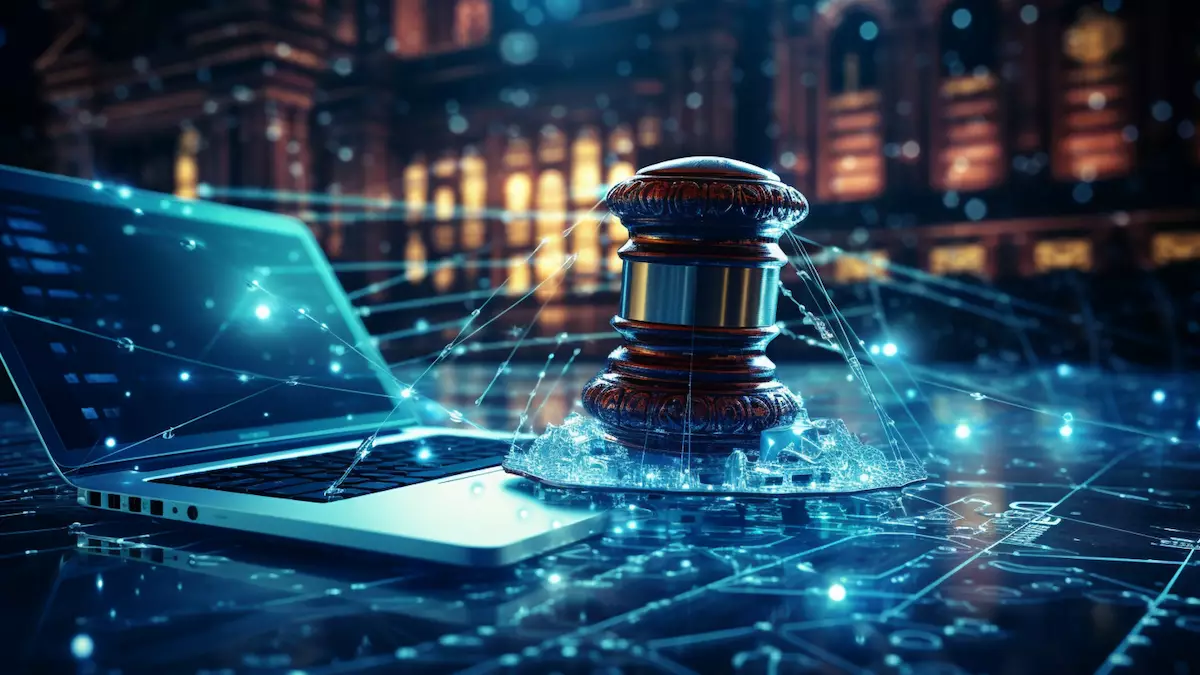DraftKings, a well-known online sportsbook operator, is currently facing legal challenges, including a lawsuit related to its NFTs. Recently, a US District Judge in Massachusetts made a ruling that denied DraftKings’ motion to dismiss a class action lawsuit concerning its NFTs. This particular decision has the potential to have widespread implications for how NFTs are classified and regulated in the future.
The class action lawsuit, which was initiated by Justin Dufoe, accuses DraftKings of violating federal securities laws through its NFTs. Dufoe argues that the sports-themed NFTs offered on the Polygon blockchain via the DraftKings Marketplace should be considered investment contracts under the Howey Test. This test, established in a 1946 Supreme Court case, sets criteria to determine if an asset should be classified as a security.
The ruling by US District Judge Denise Casper found that the plaintiffs had adequately met the Howey Test criteria. It was determined that the NFTs involved an investment of money pooled into a common enterprise, with an expectation of profits from DraftKings’ promotional efforts. This aligns with the commonality aspect of the Howey Test, where multiple investors share both profits and risks.
If the classification of DraftKings’ NFTs as securities is upheld, it could result in significant regulatory requirements for the company. Similar cases, such as the ruling against Dapper Labs in 2023, have resulted in substantial penalties. The Securities and Exchange Commission (SEC) has also been actively targeting NFT issuers, imposing fines for selling unregistered securities. All of these factors could have major financial and operational implications for DraftKings.
The ongoing legal uncertainty surrounding NFTs and their classification under securities law continues to be a pressing issue. The outcome of the lawsuit against DraftKings could set a precedent for how NFTs are treated in the future. For DraftKings, the stakes are high, as the case could potentially reshape its approach to investments in NFT technology and have a broader impact on the NFT market as a whole. The industry will be closely monitoring this case as it unfolds.
The legal battle that DraftKings is facing due to its NFTs underscores the complexity and evolving nature of NFT regulation. The outcome of this case could have far-reaching implications for how NFTs are classified and regulated in the future, setting a precedent for the digital assets industry as a whole.

